Henri Nouwen shows us how to be a light to others through the movement of regret to gratitude. A guide for living a creative life.
What is man that you are mindful of him, the son of man that you care for him? You made him a little lower than the heavenly beings and crowned him with glory and honor.
Psalm 8:4-5
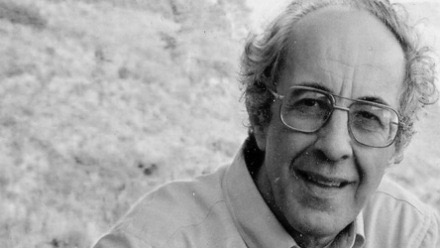
The Wounded Healer
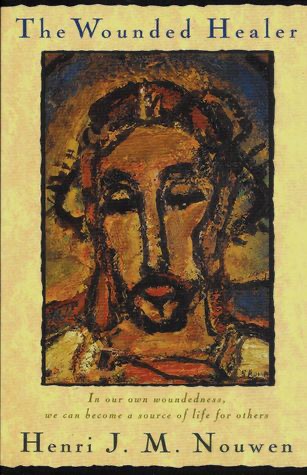
There are certain books that strike right to the heart. They are books that are typically slim and seemingly simple, yet the more you dig into them, the deeper they somehow become. Thomas Merton’s books are like that, as are Father Anthony Bloom’s and Father Lev Gillet’s.
Henri Nouwen’s books are like that too, though he has a different resonance, a different tone, than say Father Lev Gillet or Father Anthony Bloom.
Nouwen’s books seem to be for people like me: those who live in cities and are full of doubt and despair at the predicament of modern technological society. They are a bit more conversational. Their ideas came, it seems, while he was walking down Yonge Street in Toronto, i.e., from a markedly urban point of view.
I think of Nouwen’s book Life of the Beloved that was written for a friend of his who was in a state of urban ennui. Or the book The Wounded Healer that opened with a kind of case conceptualization of what Nouwen aptly called “The nuclear man.”
The Beloved Neurotic
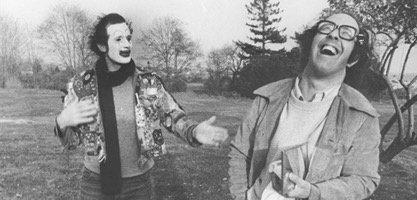
One way to describe Nouwen is that he was very human. He was a broken man who became the wounded healer for many. He had many struggles and moments of despair and depression throughout his life. What makes him wonderful to read is he shares at times painful moments of failure and embarrassment and rejection to highlight his theological or psychological points.
To read Nouwen is to see into his soul, to see his brokenness, to see his woundedness, and thus, indeed according to Nouwen himself, to see his ‘belovedness’ by God.
One of my favourite stories of Nouwen was when he was walking with a long-time friend of his and was sharing his problems. His friend stopped him and said,
“Henri–from the sounds of things you’re just as screwed up as I am!”
“Worse!” Nouwen replied.
Another story that I found just painful to read was when he invited a friend to have dinner with him, but the friend said he had other plans. Nouwen that evening decided to attend a party, and there standing amongst a group of people was the friend he had invited to dinner earlier. Nouwen left the party upset and morose.
Nouwen believed this was the way to authentic living and creating.
Nouwen’s strength was his weakness and his weakness his strength: he was greatly attuned to his brokenness, but didn’t let it stop him from being the wounded healer to others. He allowed God to show him how precious he was in the midst of feeling unloved, resentful, upset, and depressed. And that love is what drove him to reach out to others, to be present to others’ suffering and brokenness. To share their brokenness, and be a loving presence to them.
Let’s explore this further.
From Regret to Gratitude
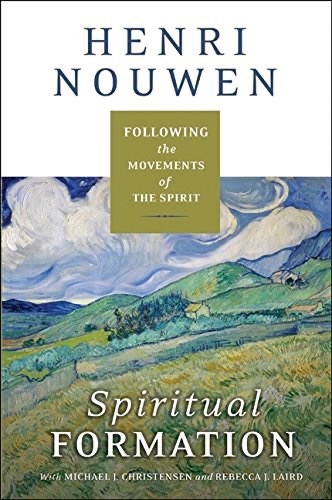
Recently I read something enlightening from Nouwen’s book, entitled Spiritual Formation: Following the Movements of the Spirit. It is something that leaped from the page and gave me pause in the midst of hope. Like hearing some news for which one is elated, so I felt when I read this passage from Spiritual Formation and pondered it.
Creativity is vulnerability. Vulnerability is an act of offering yourself freely to the other, including one’s present and past. The past for many of us can be a place of shame, regret, and resentment.
How can I offer myself in a creative work if my past remains a closet in which I’ve hidden my shame and regret? Nouwen has opened me up to this important area of creative becoming; it is a movement he calls “from regret to gratitude.”
When I think about what it means to live and act in the name of Jesus, I realize that what I have to offer to others is not my own intelligence, skill, power, influence or connections but my own human brokenness, through which the love of God can manifest itself. Ministry is entering with our human brokenness into communion with others and speaking a word of hope. The great paradox of mysteries that when we minister in our weakness, we receive from those to whom we go. The more in touch we are with our own need for healing and salvation, the more open we are to receiving in gratitude what others have to offer us.
Spiritual Formation, 63-64
How does this entering into ministry with our brokenness tie into creative work and living? It seems to me that when we enter into this vulnerability with God and the other, we begin to shed the facade, the skin as it were, of our false selves, and enter into a place where we can stand before God and others in truth and meekness and humility.
It reminds me of Thomas Merton’s well-known metaphor of how we wrap ourselves with bandages of experience to somehow prove that we exist, but this existence is a mere illusion, a lie we tell ourselves and present to others. The artist is one who pursues truth. And pursuing truth requires one to become true with oneself. If we can’t stand before God naked and broken and vulnerable and bankrupt, then we can’t expect to come to the blank page or canvas or stage in unarmed unmasked truth.
Here’s more from Nouwen …
Moving away from resentment requires moving towards something more life giving, and that something is the attitude of gratitude. Resentment blocks action; gratitude lets us move forward to new possibilities. Resentment makes us cling to negative feelings; gratitude allows us to let go. Resentment makes us prisoners of our passions; gratitude helps us to transcend our compulsions to follow our vocation. Resentment exhausts us by complicated jealousies and ambiguities, stirring up destructive desires for revenge. Gratitude takes our fatigue away and gives us new vitality and enthusiasm. Resentment entangles us in endless distractions, pulling us down to banal preoccupations. Gratitude anchors our deepest self beyond this world and allows us to be involved without losing ourselves.
Spiritual Formation, 64
Resentment is the act of holding on to our past, coddling it, cover it up, and withholding it from God and others. When we are resentful about our past and present, we are ashamed. When we are ashamed we can’t be open to ourselves, let alone others. By holding our shame we keep everyone at arms length. We cannot love through our shame. Resentment is bitterness and loneliness. It is the ego running amok. And when we hold our resentment, we can’t let God transfigure it to gratitude.
However, when we are in gratitude, our past becomes a way forward for others. When we allow the resentment of our past be transfigured to gratitude, we can help others through their own process of transfiguration. Suddenly my past, say, as an alcoholic becomes a light to someone struggling with his own addiction to alcohol. My past of financial poverty and bankruptcy can be an encouragement for one struggling with financial breakdown and loss.
Creating from a Place of Gratitude
When I write from that place of gratitude, I can weave narratives together from my experiences of pain and brokenness without holding back or candy coating it, through which the reader can in ways resonate with, and see their own pain and brokenness in a different light.
Through this movement to gratitude, we then begin to see that regardless of where we were in our past, regardless of the brokenness and the shame, Christ is calling us to healing and restoration for ourselves and to become light to others.
Through the spiritual practice of letting go of jealousy and bitterness and forgiving and affirming others, we can make rivals into friends, and competitors into companions on the way to true greatness. Servanthood might sound like a pious idea, but it really asks for the humble recognition that our life is not our own to be defended but a gift to be shared.
Spiritual Formation, 65
While reading these excerpts on spiritual formation, this movement from resentment to gratitude, I realize how much regret and resentment have held me back for so long from feeling ‘good enough’ to create, to follow my calling to turn my pain into prose and offer it to the world. The vulnerability at times has been paralyzing. But I’m not talking here about a kind of ‘pull yourself by the bootstraps’ American transcendentalism like Ralph Waldo Emerson, but a true movement of us towards God and God towards us.
These next several lines from Nouwen blew me away when I first heard that, and continue to impact me today …
Reclaiming My Past
In spiritual formation you may think about your life as a strong rock wall, resisting anyone and anything that tries to change it. Resentment makes us blind to God’s carving hand, but gratitude helps us recognize the process–that slowly but surely we are being formed into a beautiful work of art; that we are being prepared to be a person who can offer own own pains as a source of healing for others.
Spiritual Formation, 67
And this passage …
Gratitude is not a simple emotion or an obvious attitude. It is a difficult discipline in which I constantly reclaim my whole past as the concrete way God has led me to this moment and is sending me into the future.
Spiritual Formation, 67
Wow–I just want to stop there for a moment. This is the movement from resentment to gratitude; the movement from holding on to letting God–not a letting go into a meaningless void, but a letting go to the One who knows me and loves me, created me before the foundation of the world and has a plan for my life. My whole past therefore becomes the unique movement of the loving God, our Lord Jesus Christ’s pursuit of me, and a sending me out as priest prophet and king into the world to be His light in the darkness; my past therefore becomes the means through which others can see their own past and present as held by God.
More Nouwen …
[Gratitude] is hard precisely because it challenges me to face my painful moments–experiences of rejection and abandonment, feelings of loss and failure–and gradually to discover in them the pruning hands of God purifying my heart for deeper love, stronger hope and broader faith.
Spiritual Formation 68
Our Past Transfigured
Our past is not ours to cling to and coddle with and use to keep people at arms length. Our resentments, our regrets, are not ours to use as pills of bitterness we take to wallow in self-pity and despair. Our past, with all the failure and loss and pain, is a story of redemption and therefore a gift we can give back to God and to others. It’s how we can be used by God to enter deeper into His love, and enter deeper into the authenticity of who we are–that no matter where we came from, or where we are going, we have been created by God and called to be His sons and daughters. He wants to heal our pain, heal our resentments, heal our calloused heart, so He can use us to spread His light to the world.
St. Paul encourages us in this movement to gratitude by showing us who we truly are in Christ. He does this repeatedly through his epistles, but I want to highlight here what he says in Ephesians 3:18 …
I pray that you may have the power to comprehend, with all the saints, what is the breadth and length and height and depth, 19 and to know the love of Christ that surpasses knowledge, so that you may be filled with all the fullness of God.
Ephesians 3:18-19 NRSV
St. Paul reveals to us what he sees; he wants us to see with his eyes. He wants us to know, to comprehend, with the rest of the saints, what is the ineffable love Christ has for us. Why? So that we may be “filled with the fullness of God.”
The fullness of God?
Yes. The fullness of God.
I don’t know what that means, but God does. And that is His vision of us. That is how He sees us. That is what He is calling us to–to be in loving union with Him, our fellow human, and all of creation.
But we have to do the work of offering all of ourselves to Him in the first place; of letting go; of being vulnerable before Him and others; of being truly real and human.
This is the work, according to Nouwen, of spiritual formation.
May the Lord show us His great Love, and may we respond by giving more and more of ourselves to Him and to those around us.
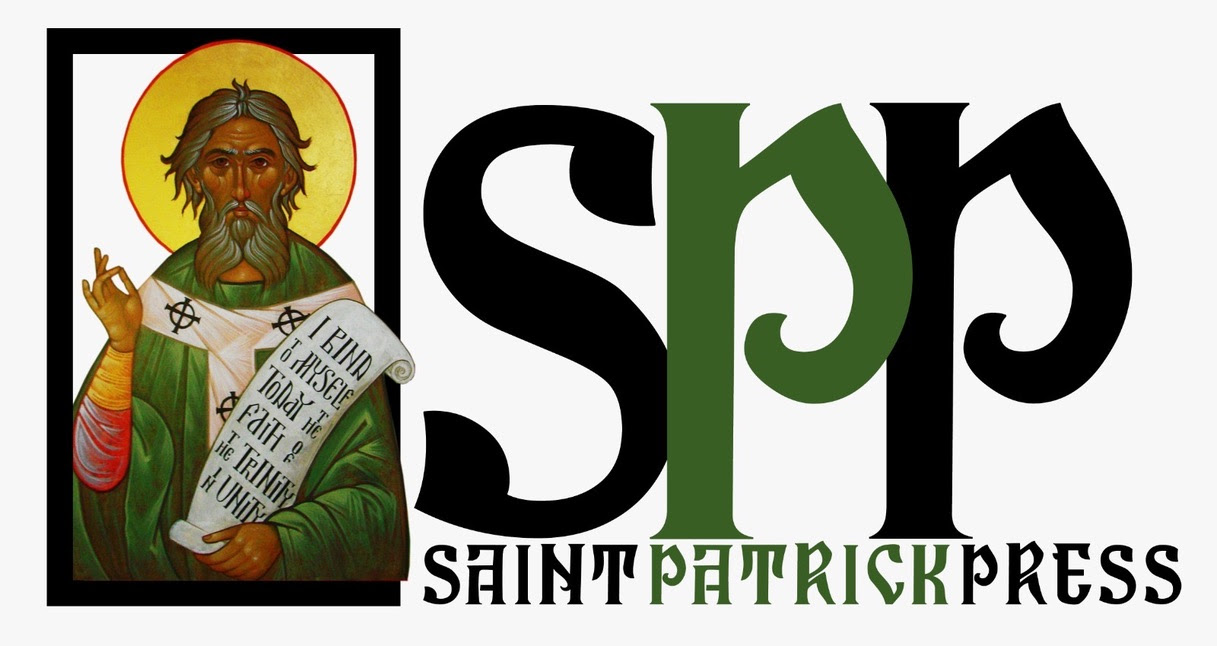
2 Responses
Dear Mr. Graham,
THANK YOU! Your insight brought light to my path and hope to my heart!
Amazing truths, ‘When I am weak than I am strong, 2 Corth. 12:10.
Blessings
Mary
Glory to God for all things!
It’s always a joy to hear from readers.
Thanks for your comment, Mary.
God bless you too!